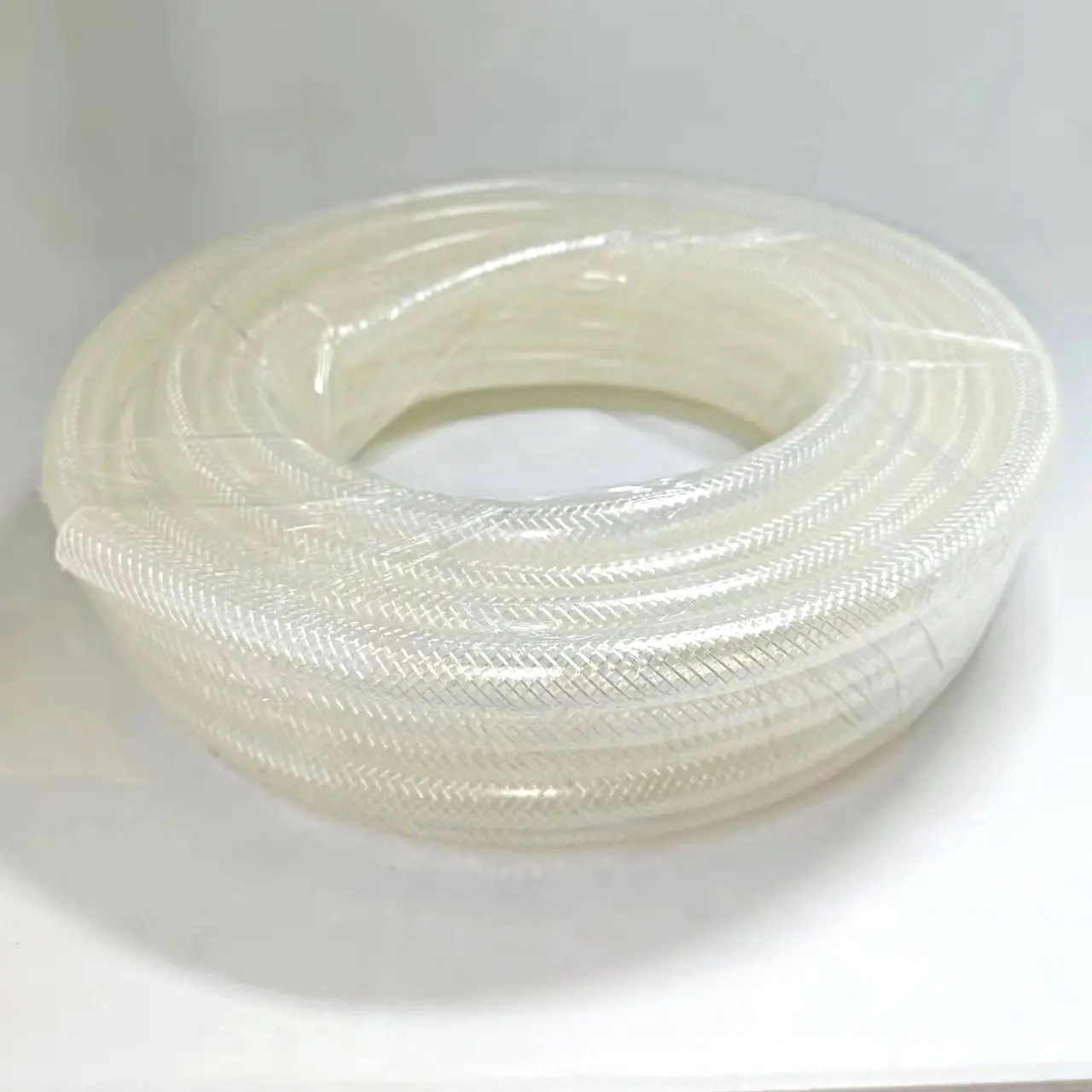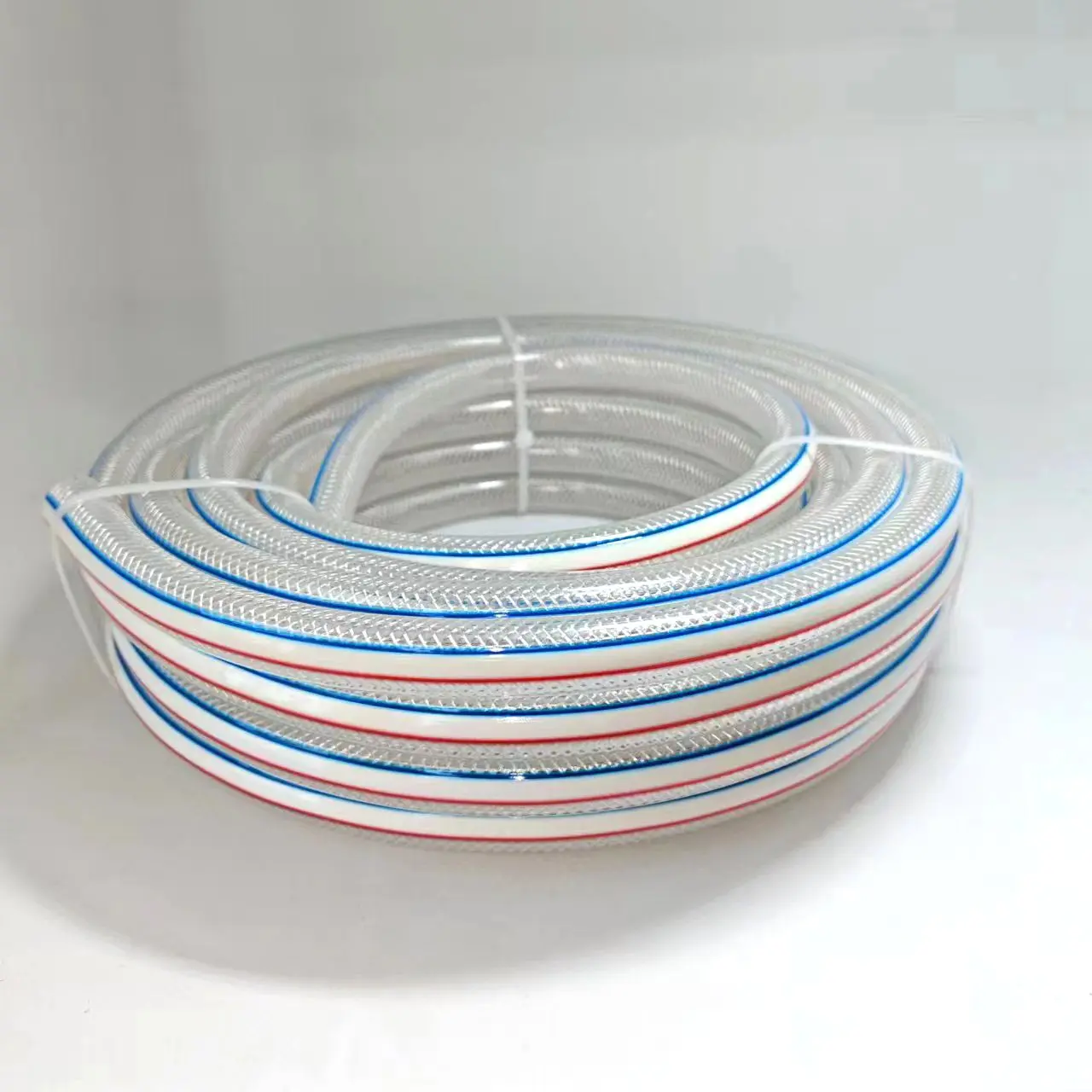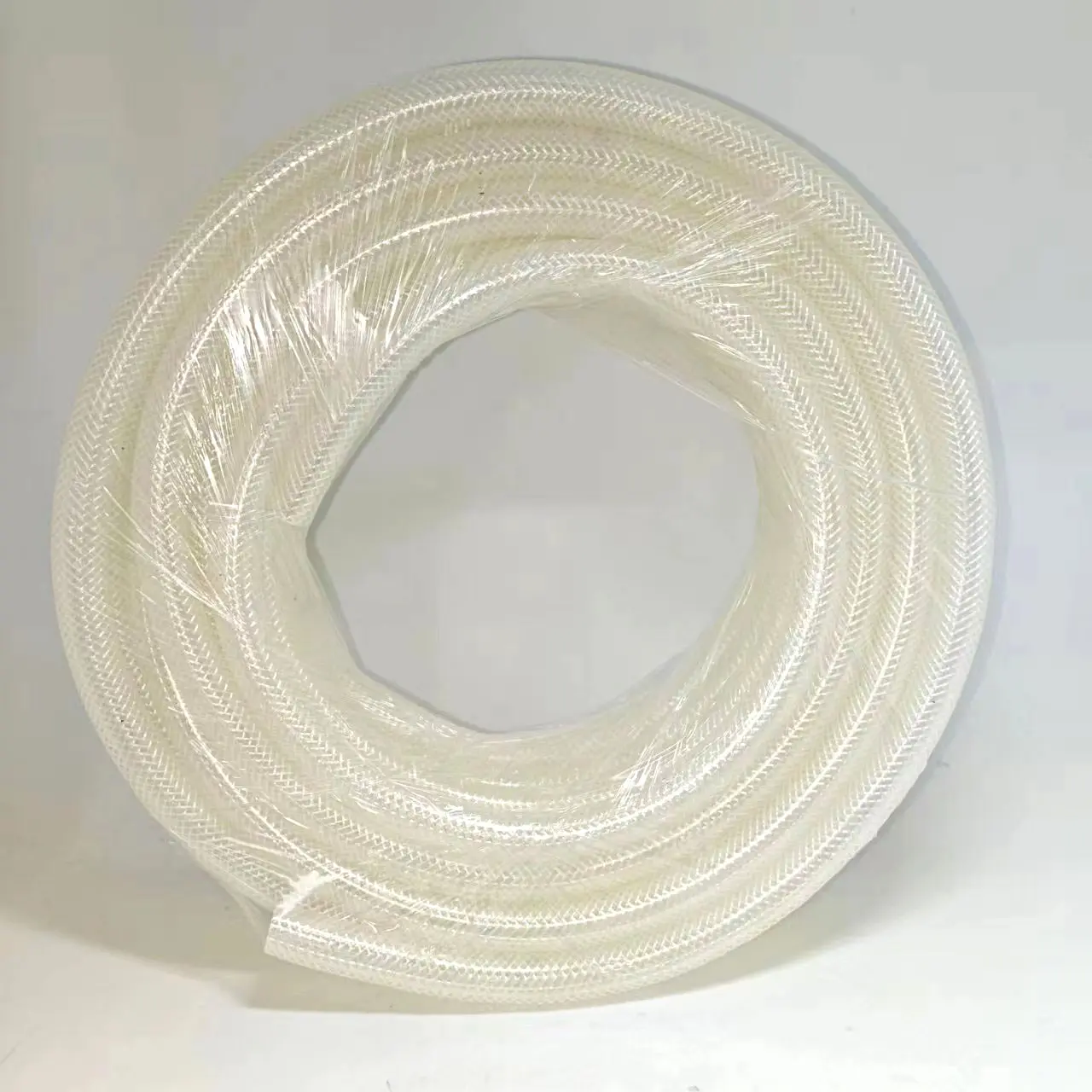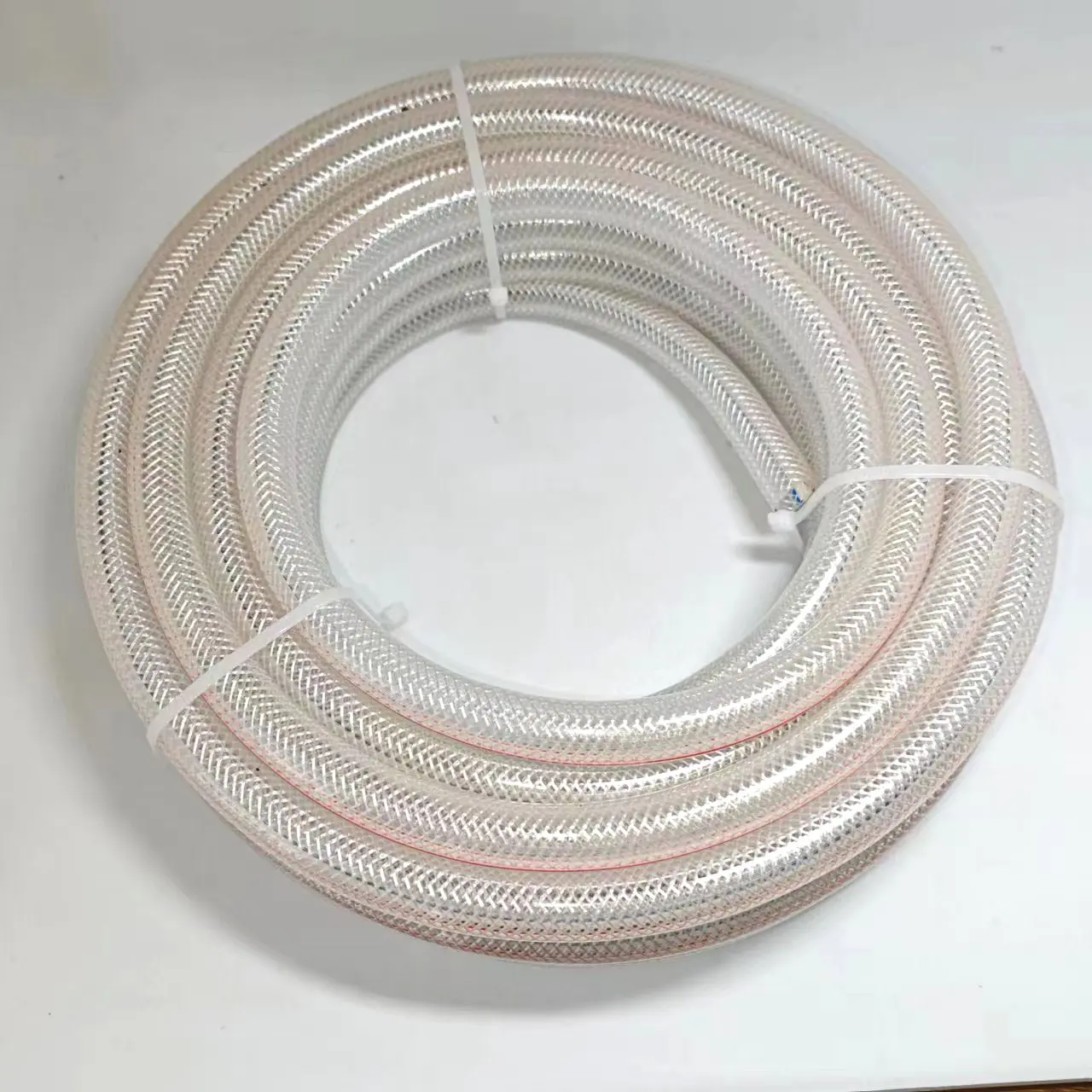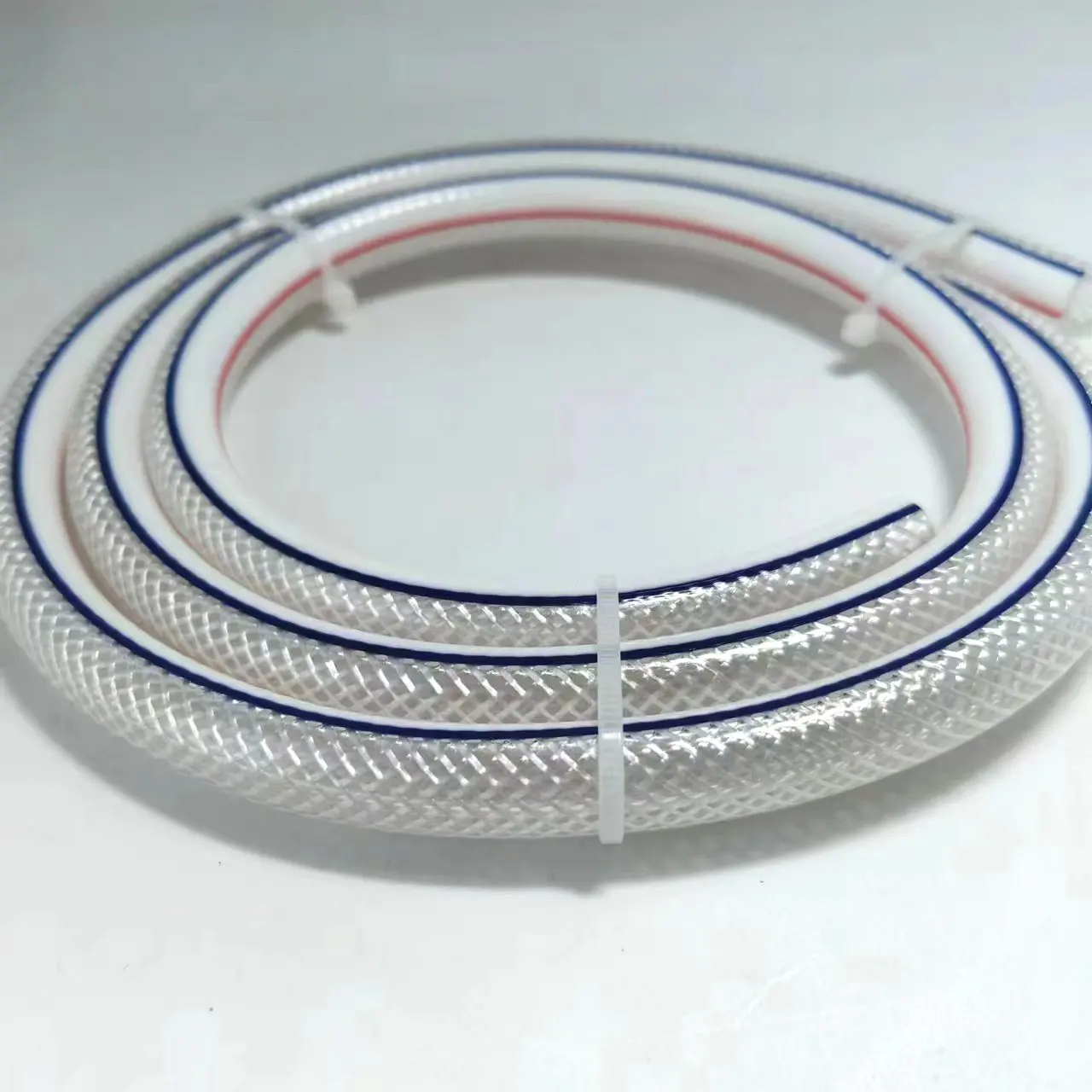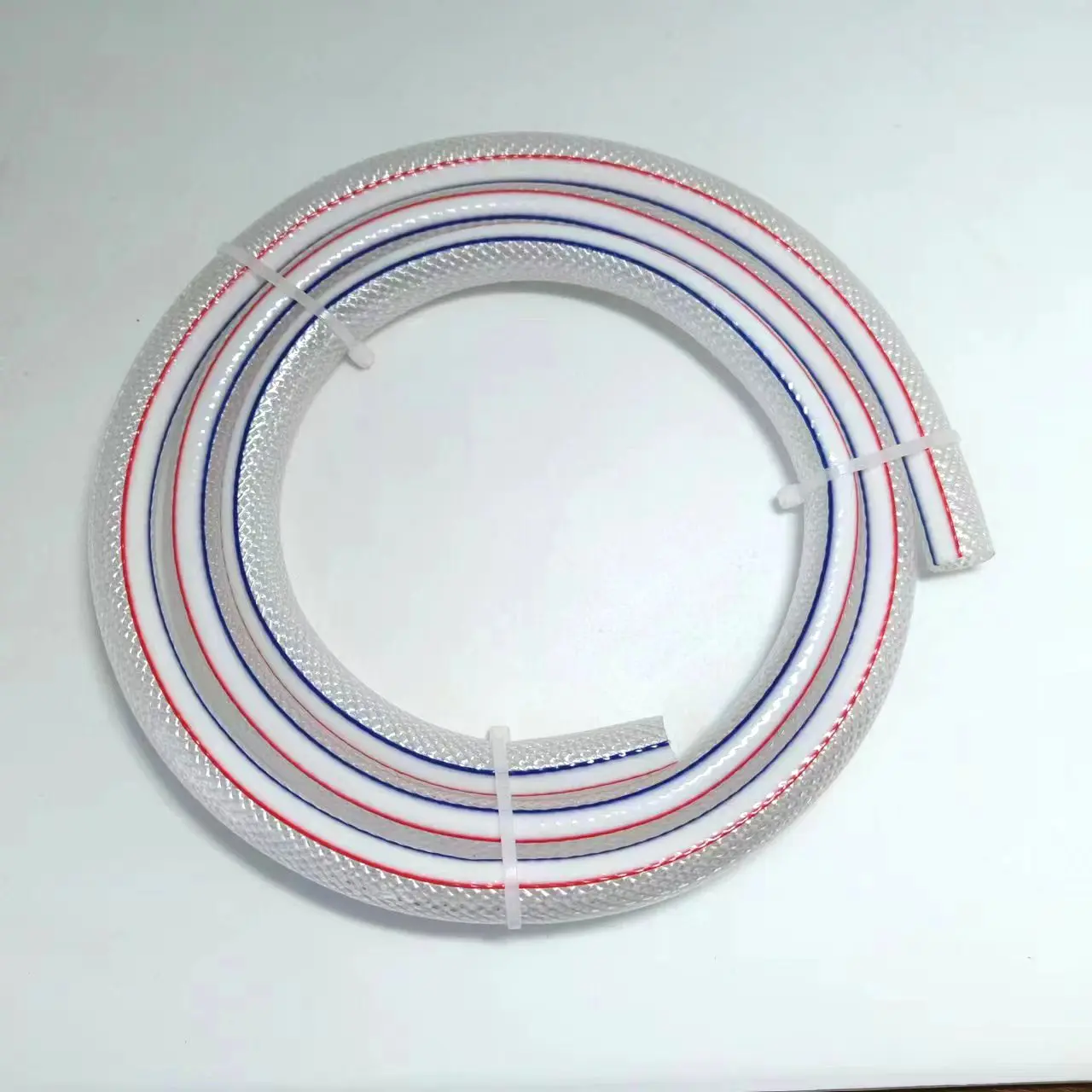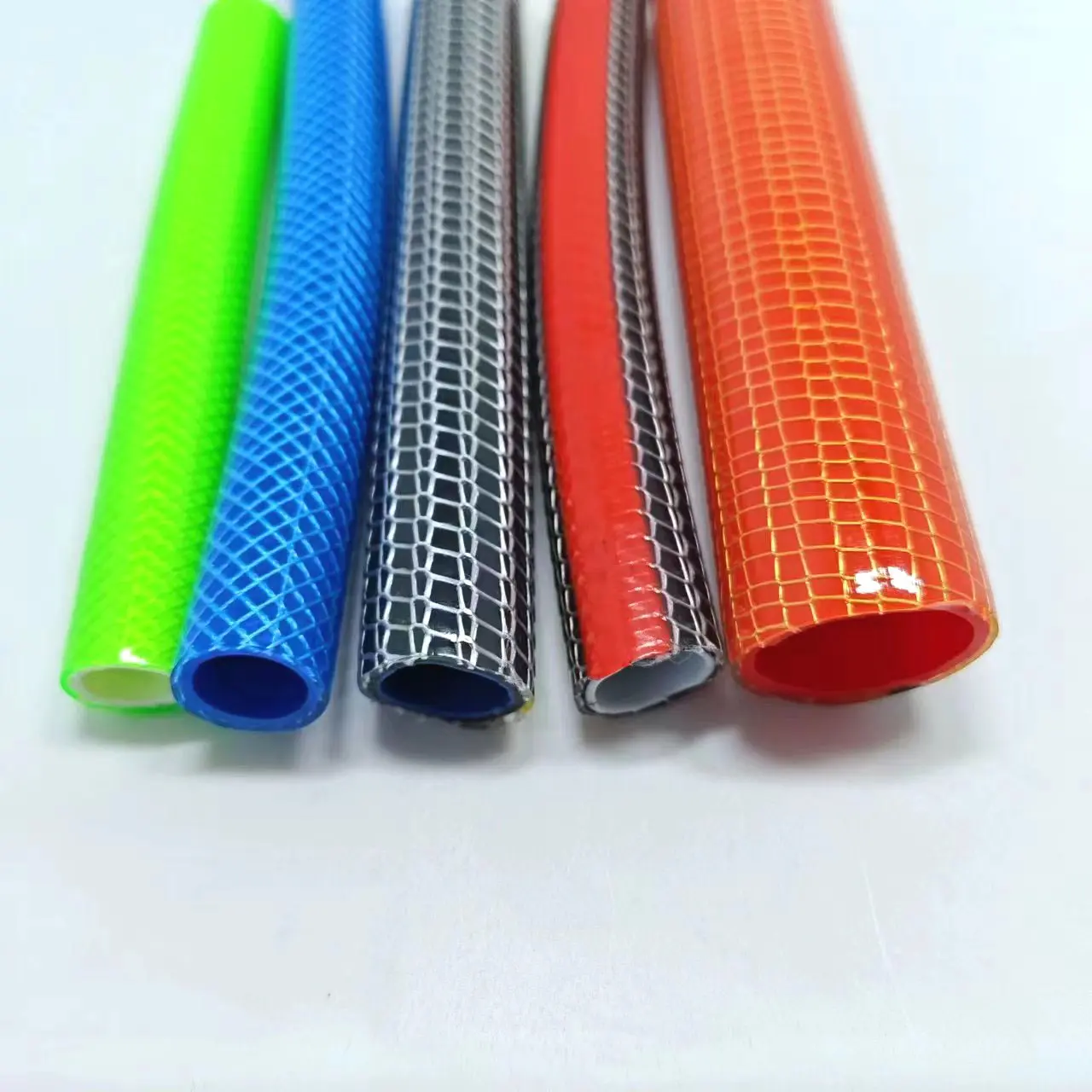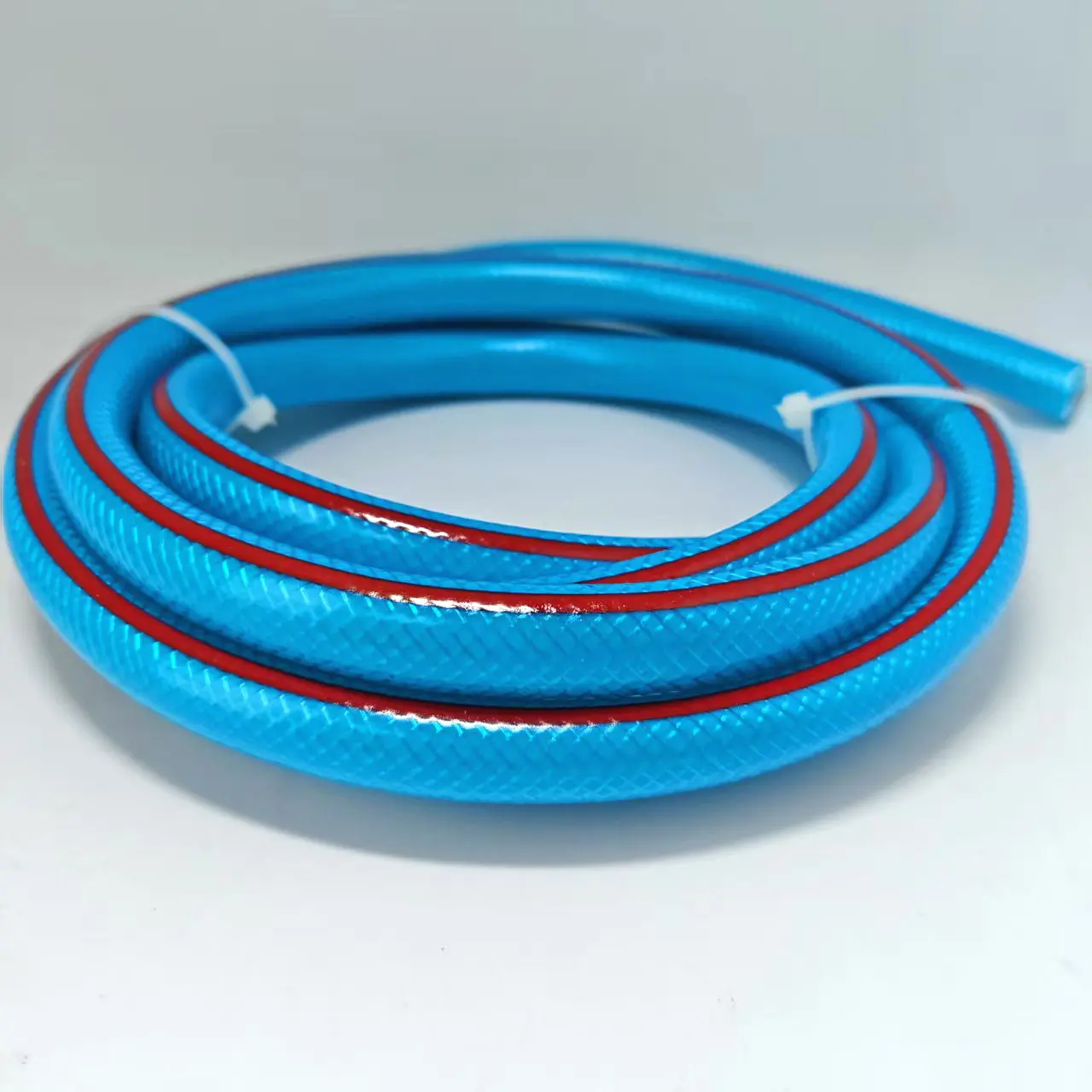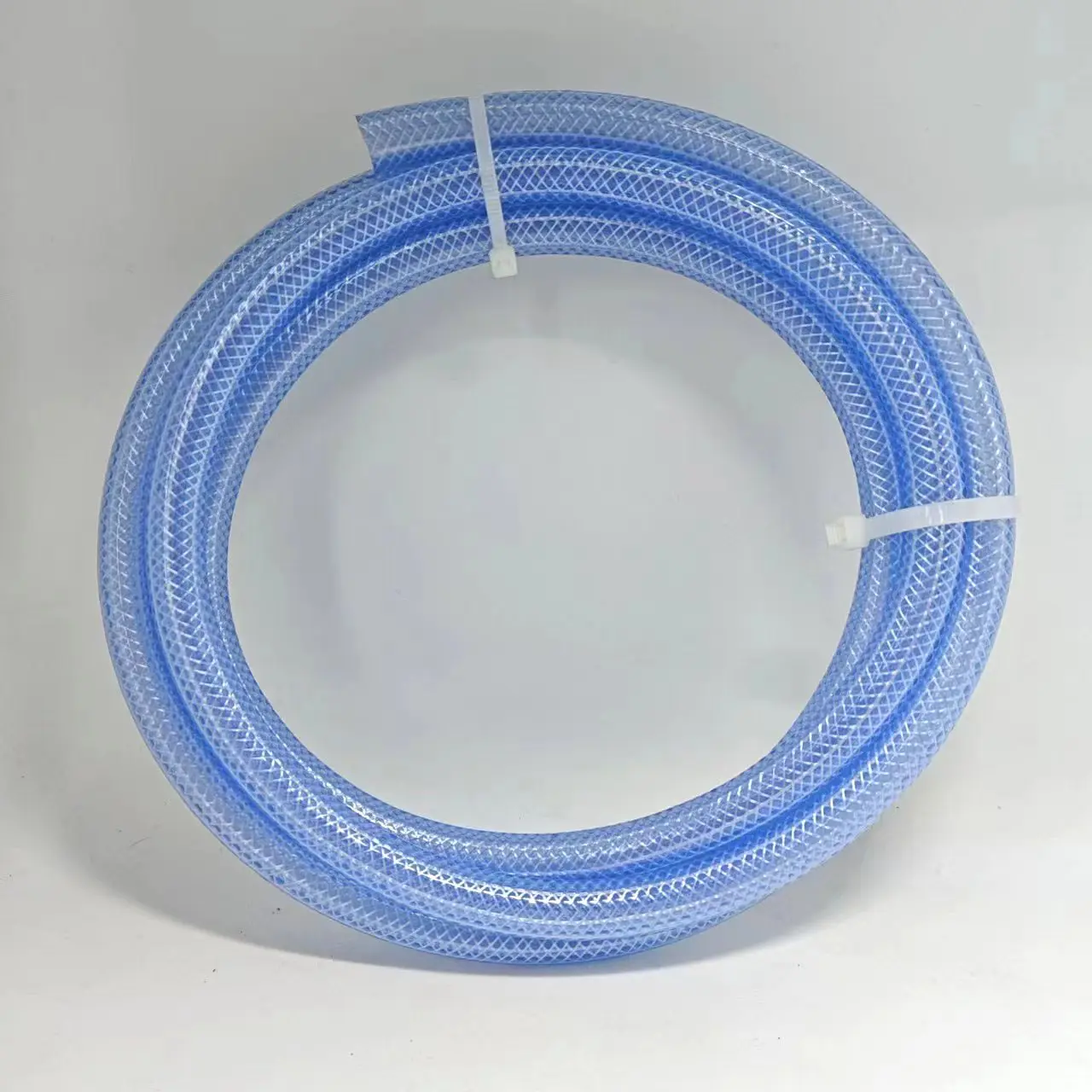Basic Introduction to PVC Fiber Reinforced Hose
PVC Fiber Reinforced Hose is a type of flexible tubing made from polyvinyl chloride (PVC) and reinforced with high-strength fibers. This hose is known for its flexibility, lightweight nature, and ease of handling and installation, making it suitable for various liquid transfer applications. In Nigeria, due to its cost-effectiveness and practicality, PVC Fiber Reinforced Hose is widely used in agricultural irrigation, construction drainage, and industrial liquid transportation.
Nigeria’s climate varies significantly, with the southern regions being humid and rainy while the northern areas are hot and dry. This places certain demands on the hose’s weather resistance. PVC Fiber Reinforced Hose performs well in high temperatures and humid conditions, resisting rapid degradation from UV exposure or moisture changes, giving it a competitive edge in the Nigerian market. Additionally, Nigeria’s infrastructure is still developing, and many areas lack fixed piping systems, making lightweight and flexible hoses an ideal choice for temporary or mobile liquid transfer needs.
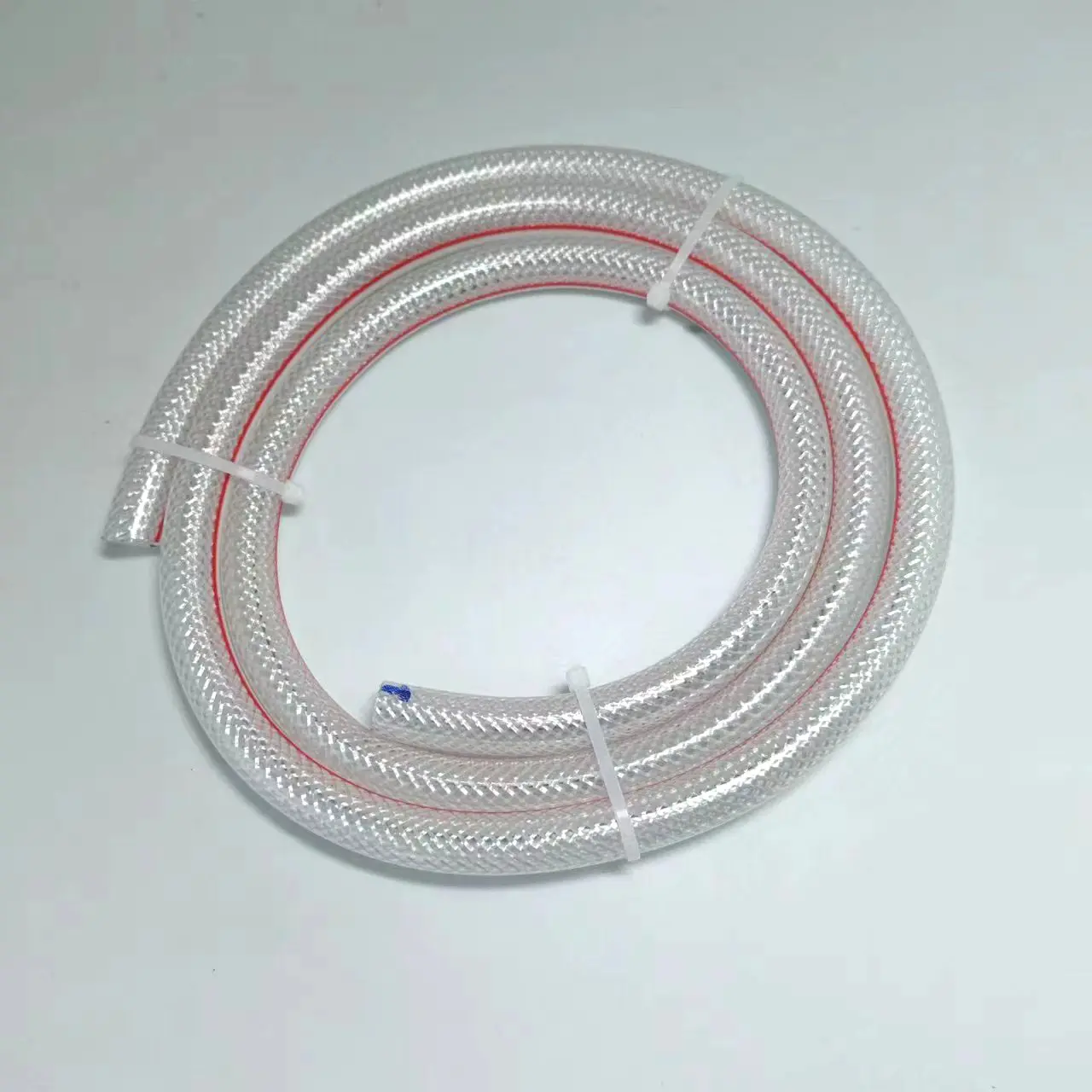
Applications of PVC Fiber Reinforced Hose in Nigerian Agriculture
Agriculture is a vital sector of Nigeria’s economy, contributing significantly to the country’s GDP. PVC Fiber Reinforced Hose plays a crucial role in agricultural irrigation, particularly in small-scale farms and seasonal cultivation areas. Key applications include:
Small-scale irrigation systems: Many Nigerian farmers rely on rainwater, but during dry seasons, PVC hoses can connect to water pumps or storage systems, enabling precise irrigation and improving crop yields.
Portable watering: Due to their lightweight nature, farmers can easily move the hoses across different plots, accommodating Nigeria’s common fragmented farmland layout.
Affordability: Compared to metal pipes or more advanced polyethylene (PE) hoses, PVC Fiber Reinforced Hose is more affordable, making it suitable for small-scale farmers with limited budgets.
In northern Nigeria, where drought is a major issue, PVC hoses help optimize water distribution. In the south, where rainfall is more abundant, they are often used for drainage and flood control. However, in some rural areas, a lack of maintenance awareness may reduce the hose’s lifespan.
Applications in the Construction Industry
Nigeria’s construction sector has been growing rapidly, especially in major cities like Lagos and Abuja, where infrastructure development is in high demand. PVC Fiber Reinforced Hose is commonly used in construction sites for:
Site drainage: Heavy rainfall during the rainy season can flood construction sites, and PVC hoses are used for temporary drainage to prevent foundation damage.
Concrete transfer: Some construction sites use PVC hoses to assist in transferring concrete slurry, though their limited pressure resistance means they are only suitable for short-distance or low-pressure applications.
Dust control: During the dry season, construction sites face dust problems, and PVC hoses are used for water spraying to reduce airborne particles.
Nigeria’s construction industry still relies heavily on manual labor, making lightweight and easy-to-handle PVC hoses a preferred choice. However, due to poor site management in some cases, hoses may suffer mechanical damage or premature wear from improper storage.
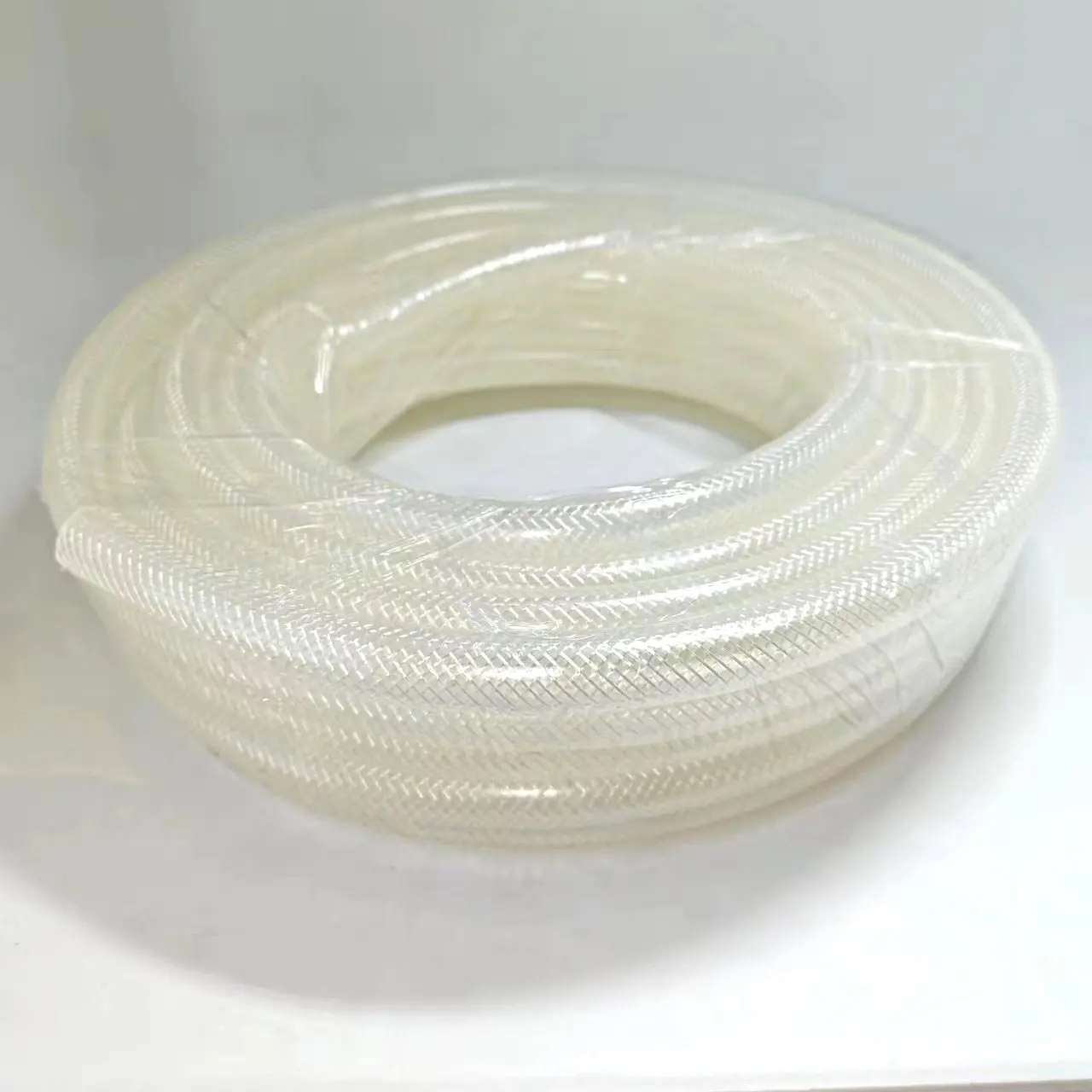
Industrial Applications
Oil auxiliary operations: While PVC hoses are not suitable for crude oil transfer, they are used in refineries and storage facilities for water or non-corrosive liquids.
Food processing: Some small-scale food processing plants use PVC hoses for cleaning or liquid transfer, though higher-end facilities prefer food-grade hoses due to hygiene standards.
General industrial liquid transfer: Such as cooling water or cleaning agents in non-corrosive, short-distance applications.
Nigeria’s industrial infrastructure varies, with large enterprises often opting for more advanced piping systems, while small and medium-sized businesses prefer cost-effective PVC hoses.
Demand Characteristics in the Nigerian Market
| Demand Factor | Specific Manifestation |
|---|---|
| High price sensitivity | Most buyers prioritize affordability over high-end features, making mid-to-low-range PVC hoses more popular. |
| Preference for lightweight and ease of use | Due to widespread manual handling, lightweight and easy-to-coil hoses are favored. |
| Adaptability to varying climates | Hoses must resist UV rays and humidity to perform well in Nigeria’s diverse weather conditions. |
| Frequent repairs and replacements | Due to low maintenance awareness, hoses often wear out quickly, sustaining steady market demand. |
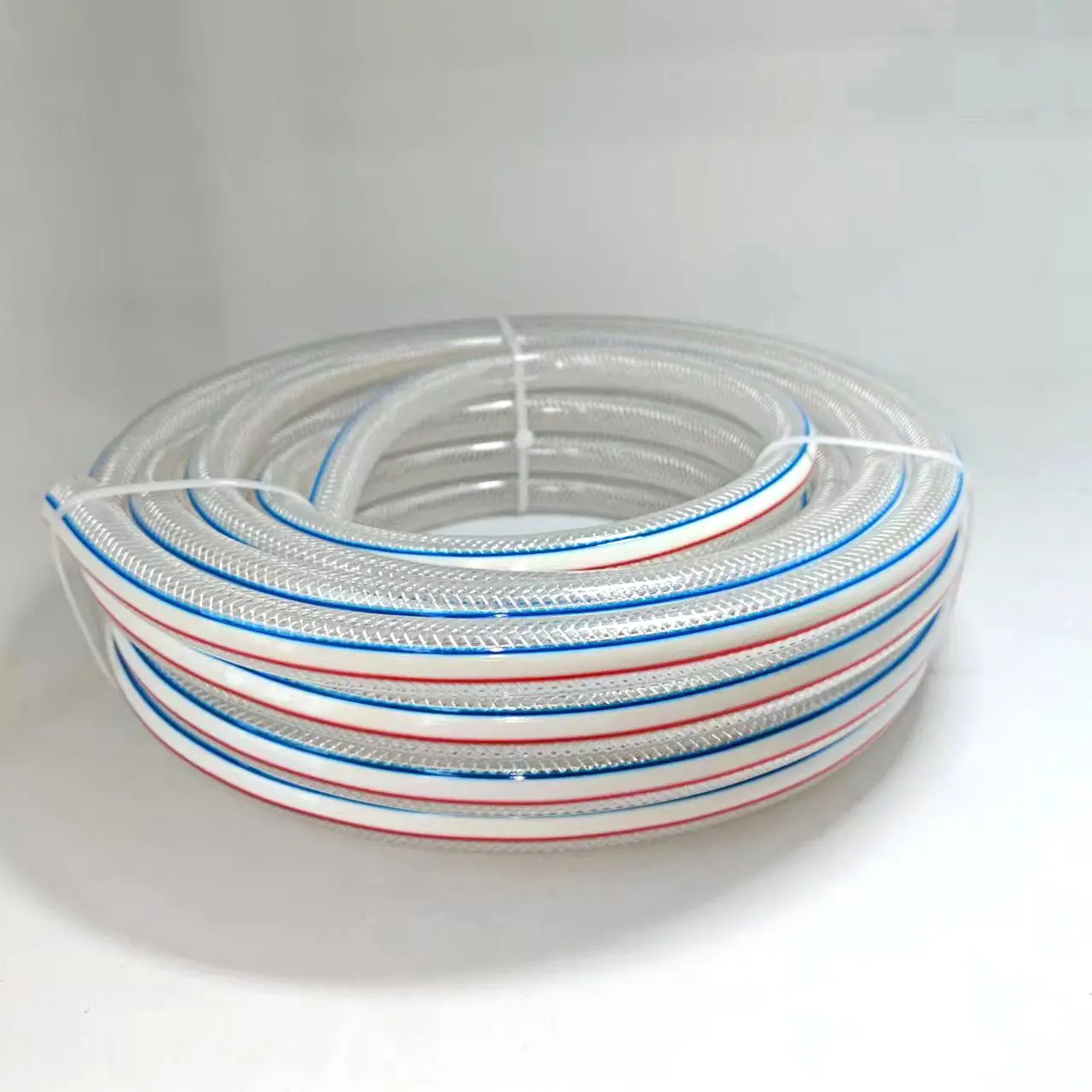
Comparison with Competing Products in Nigeria
Rubber hoses: More durable than PVC hoses but heavier and more expensive, resulting in lower market penetration.
PE hoses: Better pressure resistance but less flexible and more costly, limiting their use to specific industrial applications.
Standard PVC hoses (non-reinforced): Cheaper but less durable, prone to ruptures, and only suitable for very low-budget users.
In comparison, PVC Fiber Reinforced Hose strikes a balance between cost, durability, and usability, making it the dominant choice in Nigeria’s market.
